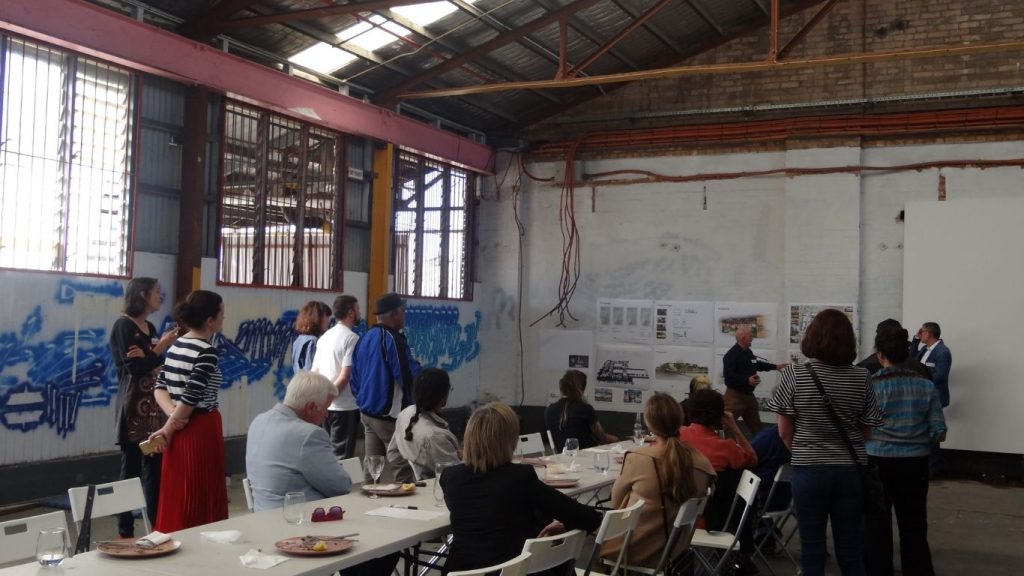If you’re a startup, with a good story to share, you’ll know there are plenty of opportunities these days to be seen and heard. From social media to television, radio, and newspapers -everywhere you look it seems there is an opening to showcase your brand to the masses quickly.
While some businesses take a measured approach and seek support from a Public Relations (PR) firm to manage their messaging, there are others who opt to try and keep costs down by handling their own media and communications – leveraging off the many communication platforms on offer to promote themselves and their business.
While this method may bring some benefits in the short term, it might not be sustainable in the long term.
Teaming up with a PR agency has many benefits. For starters, it will allow you time to focus on what you do best (growing your business through BD, sales or meeting with investors), while enabling the PR agency to concentrate on what it does best – making sure all of your communication needs are being met to get the best value for your business in the long term.
Here are the top benefits why working with a PR agency might be the best solution for your business.
Don’t be a one hit wonder
If you’ve got a good hook, great! But what happens when coverage tails off? Have you got more story ideas in your content bank to satisfy journalists’ insatiable appetite to fill bulletins, newspapers, radio slots and social media? Could you balance your BAU and generate story ideas simultaneously? A PR specialist can solve many of these issues for you. With many having a background in journalism, PR specialists innately have a nose for news. They know what makes a story newsworthy and can spot alternative angles to ensure there’s a steady stream of yarns, beyond the hook, to get media talking – keeping the spotlight on your business over time.
Plan, plan, plan
It’s all well and good to pick up the phone and give an exclusive story to a journalist but (if you can get them to take your call) have you considered what might happen if the journalist, who you aren’t familiar with, started asking you curly questions. Below are just some of the questions you need to ask yourself:
- Have you considered all your business risks and prepared key messages against those?
- Have you received training to handle tough questions?
- Who is your spokesperson? Do you have more than one?
- What’s your crisis planning strategy? Do you have a crisis communication plan?
- Have you considered internal messaging for your staff and stakeholders? What will it say?
- Who will monitor your social media account?
Establishing a strong relationship with the media is important beyond product launches and new announcements. As unfortunate as it sounds, businesses aren’t immune to crises. Crises happen and when they do, media will be quick to report it – ultimately tarnishing your image if you aren’t prepared. PR agencies specialise in crisis communication. PR specialists can:
- Train you on how to answer tough questions with ease and confidence.
- Prepare a crisis communication plan to ensure when a negative situation arises, you know what to say, how to say it, who will speak and when.
- Work out your risks ahead of time through thorough engagement.
The key is to plan for a crisis before it happens because the sooner you address your crisis with media, through effective and efficient communication, the better the chances your business will be able to weather the storm – yielding you and your company benefits in the long term.
Who you know counts
Another benefit of working with an agency is that a good PR specialist has great media connections. This is invaluable as PR specialists can be strategic about pitching exclusive stories to journalists in a timely manner to ensure you’re getting the best value for your story. Sometimes a story with a good hook can stretch over multiple news platforms over a length of time, which means your brand is regularly in the limelight. So, knowing which journalist to go to, in the first instance, can be advantageous.
Building a good rapport with journalists can also pay dividends in other ways – particularly during a crisis. While some journalists may be quick to report on the negative, a journalist who has a good relationship with a PR specialist can often shed light on a bad situation differently, offering a fresh perspective; therefore, limiting the negative impact on your brand.
Choose wisely – know your audience
Another key reason to work with a PR agency is ensuring you reach the right audience. There’s plenty of media outlets to choose from and knowing who to pitch your story to is paramount, to ensure you get the best value for your story. PR specialists can help match your strategy to the right audience. There’s no point getting a story in the Herald-Sun if you’re hoping to sell earthmovers in WA.
If you want to find out more ways a PR agency can help you or, if you need help to put a crisis communication plan together contact us here.



